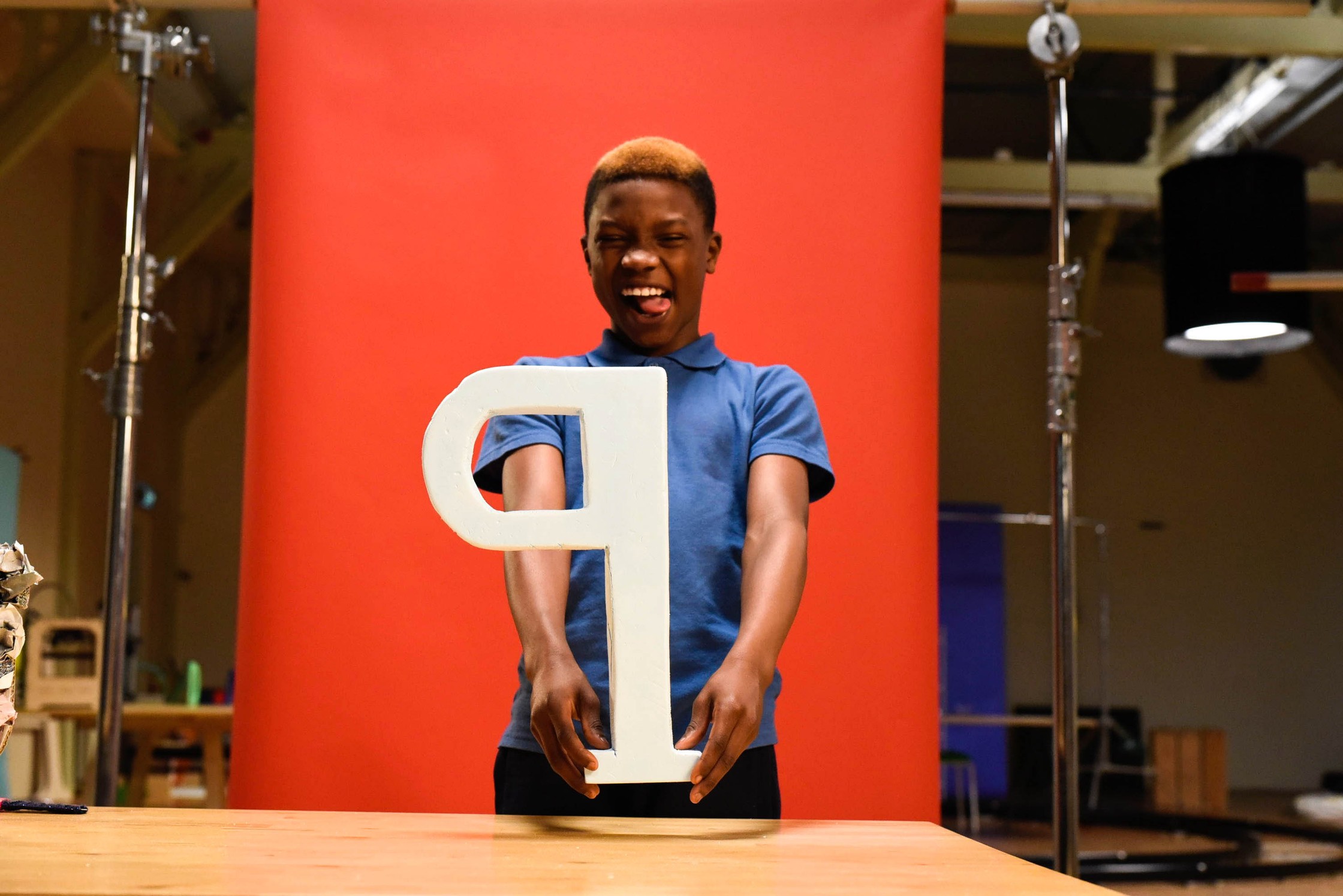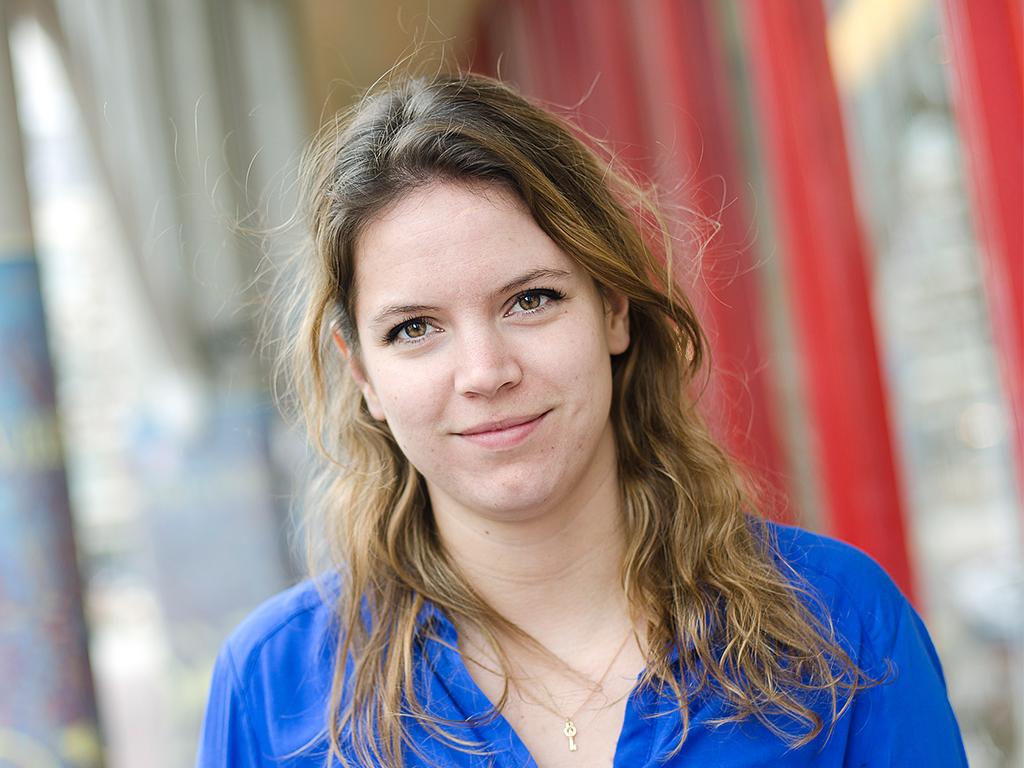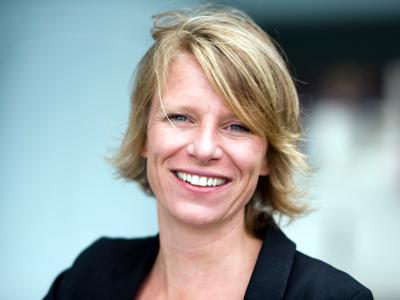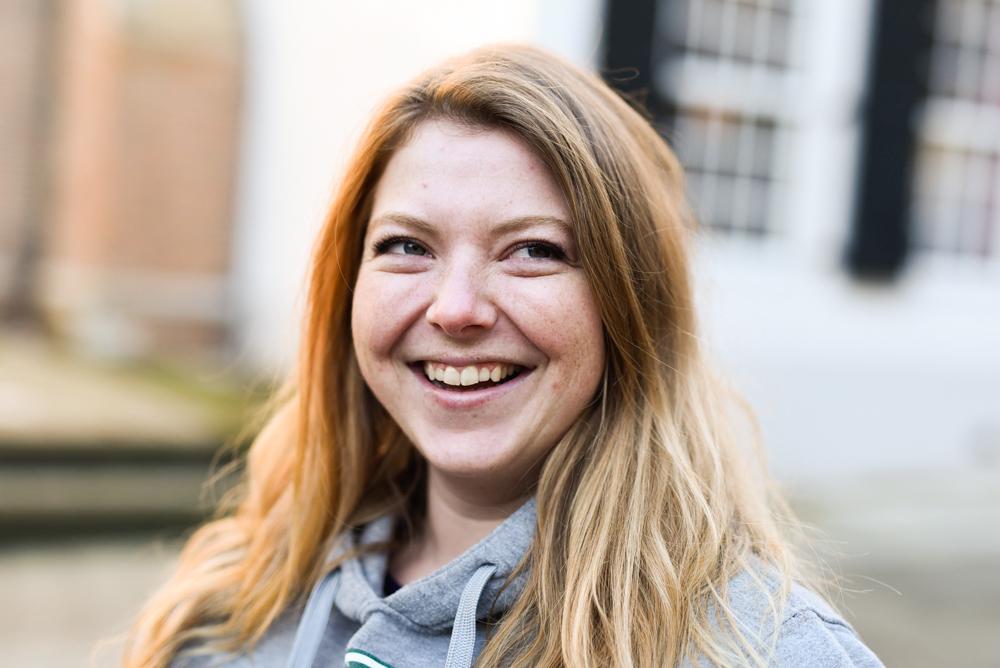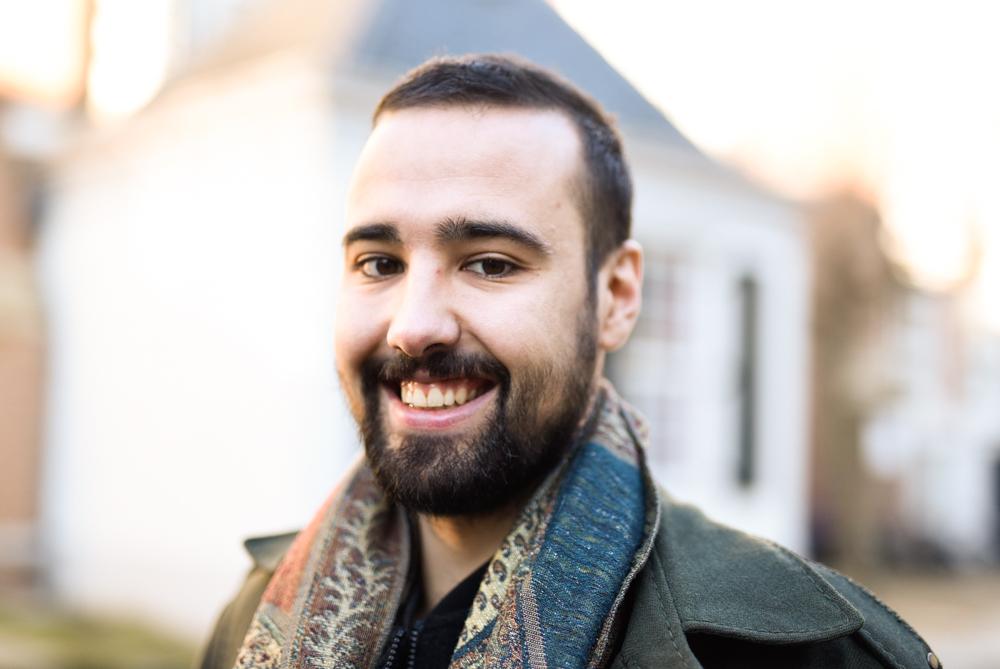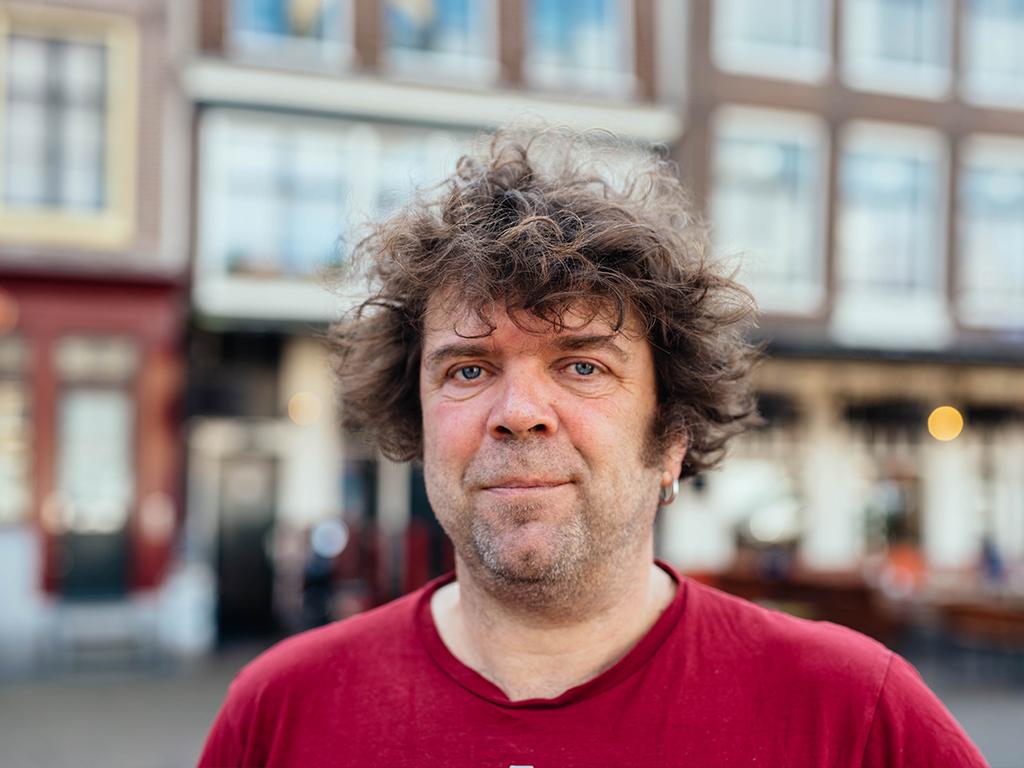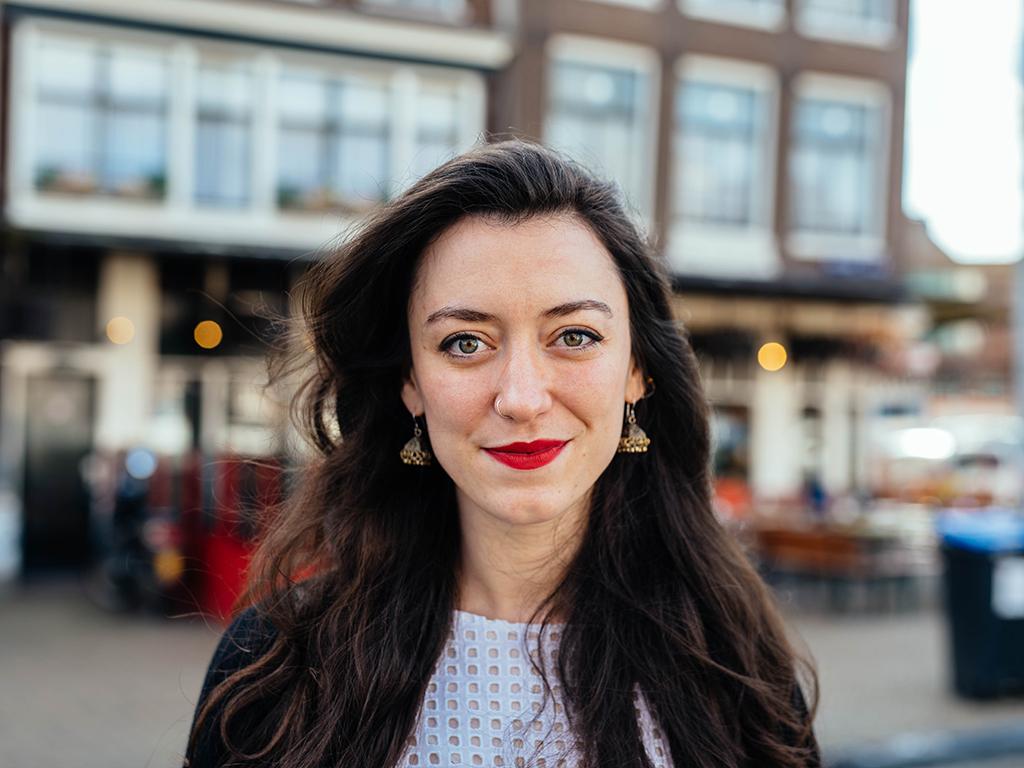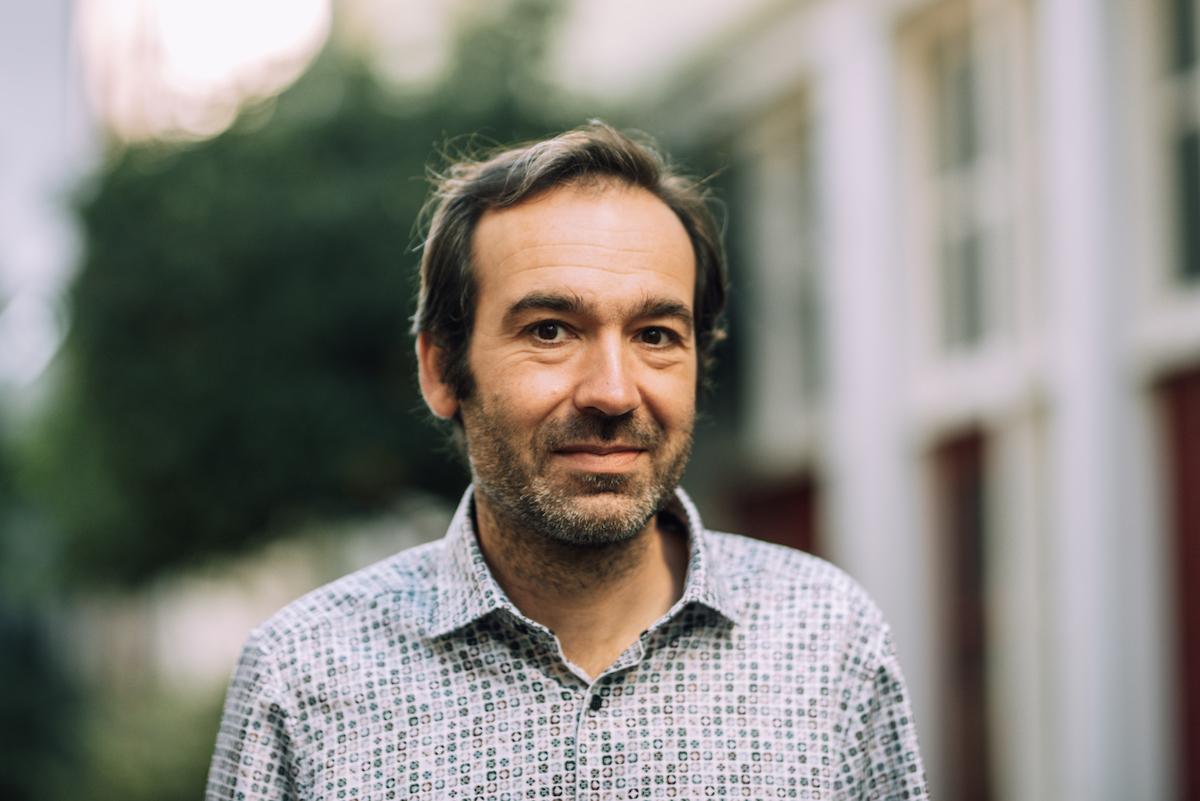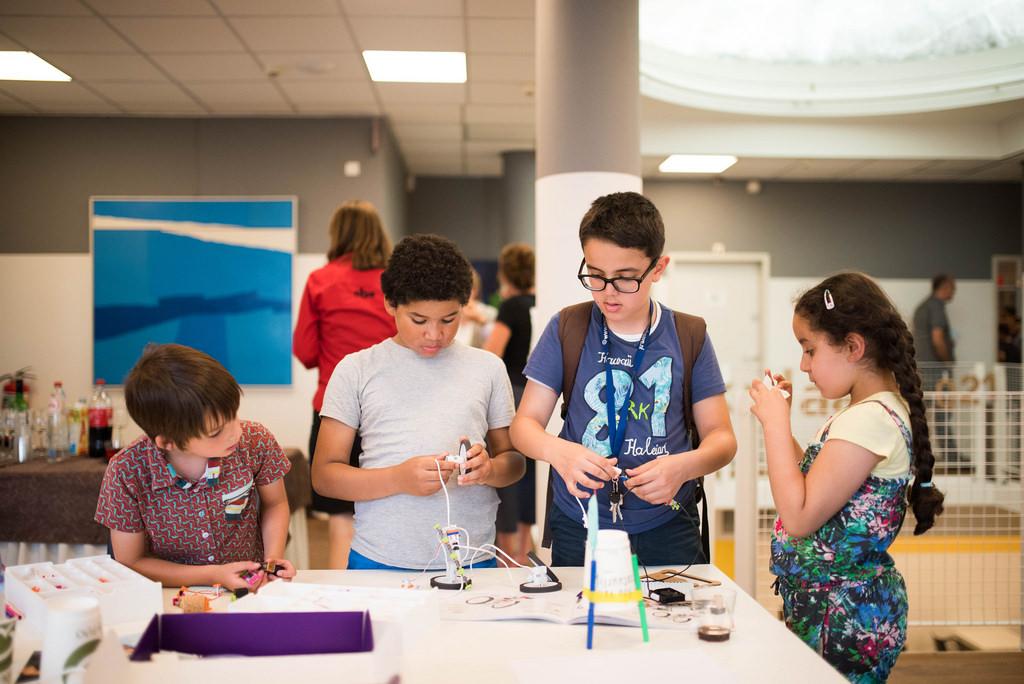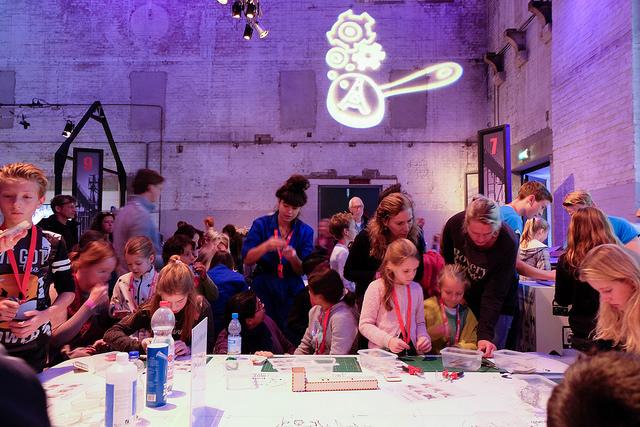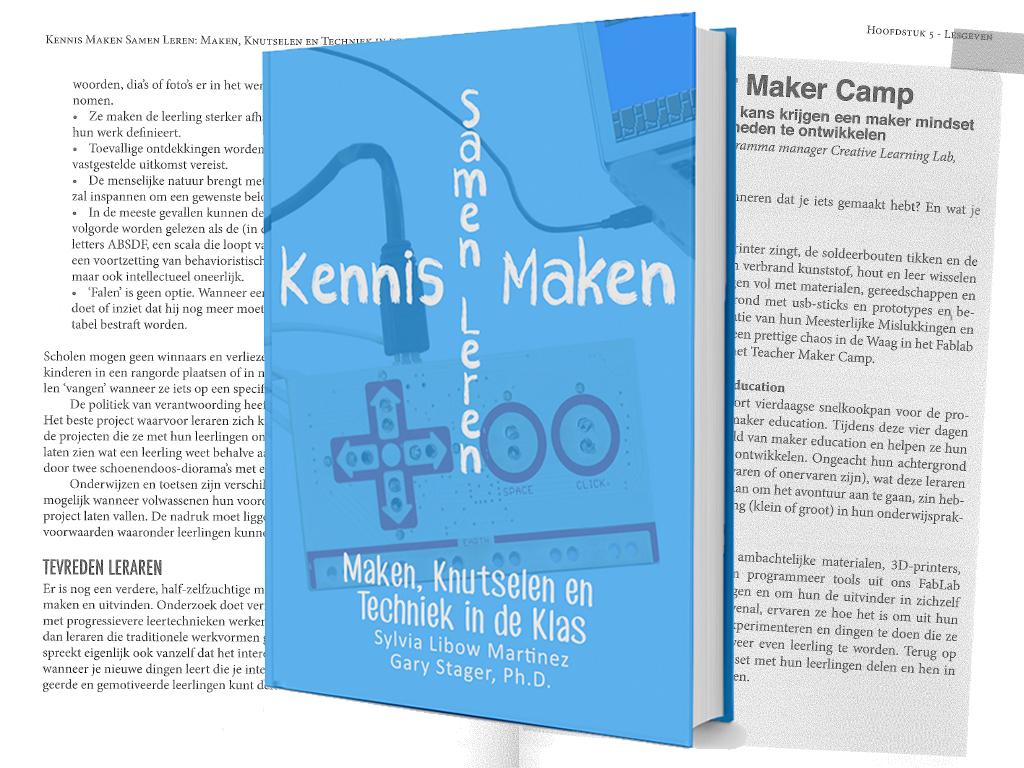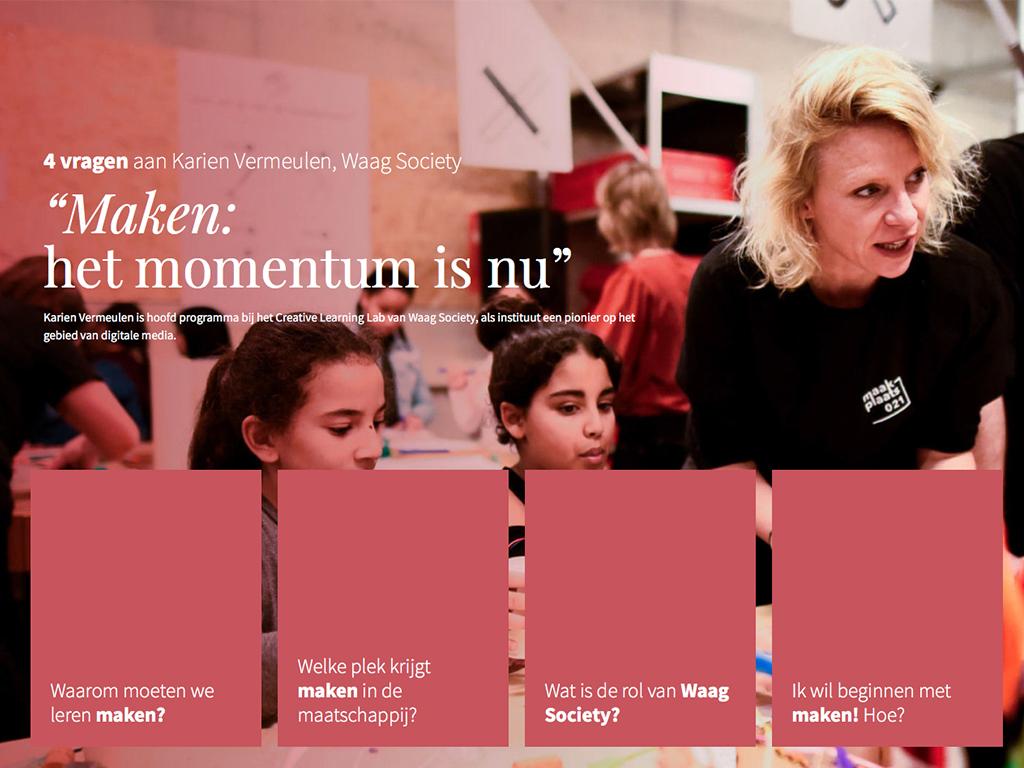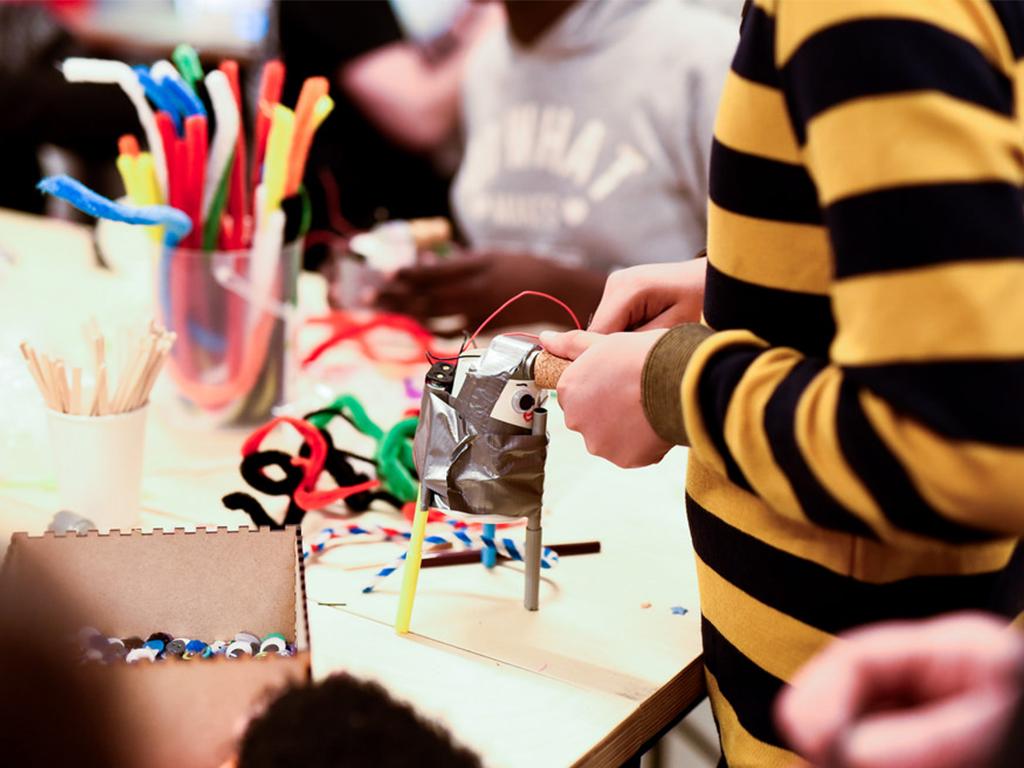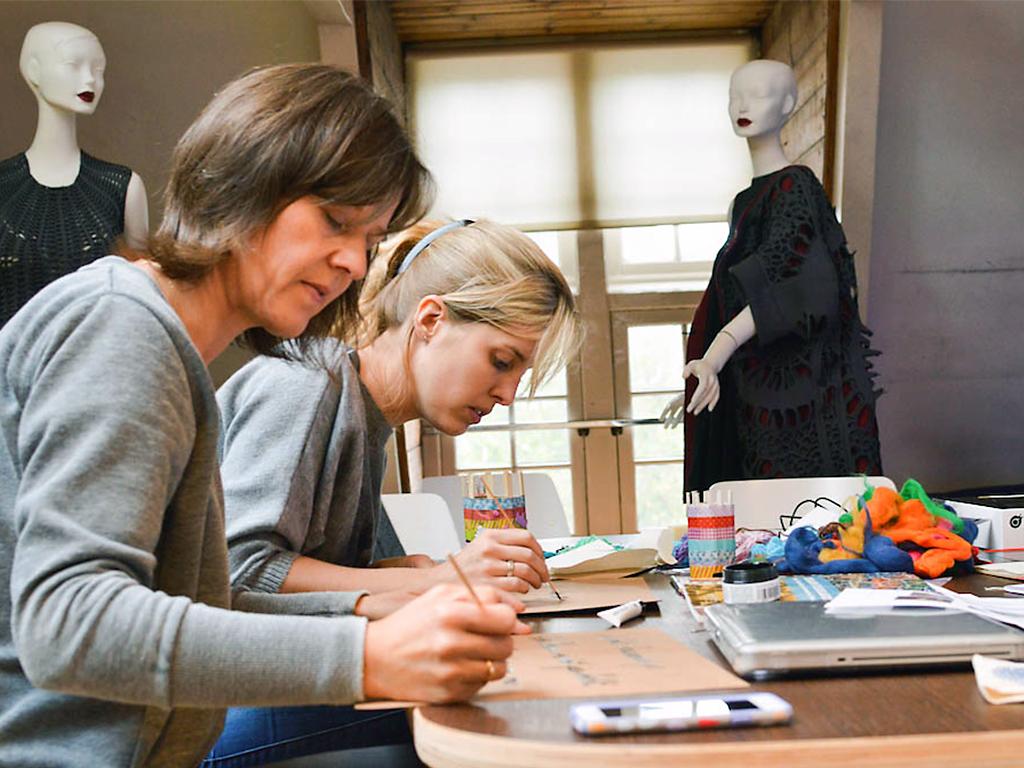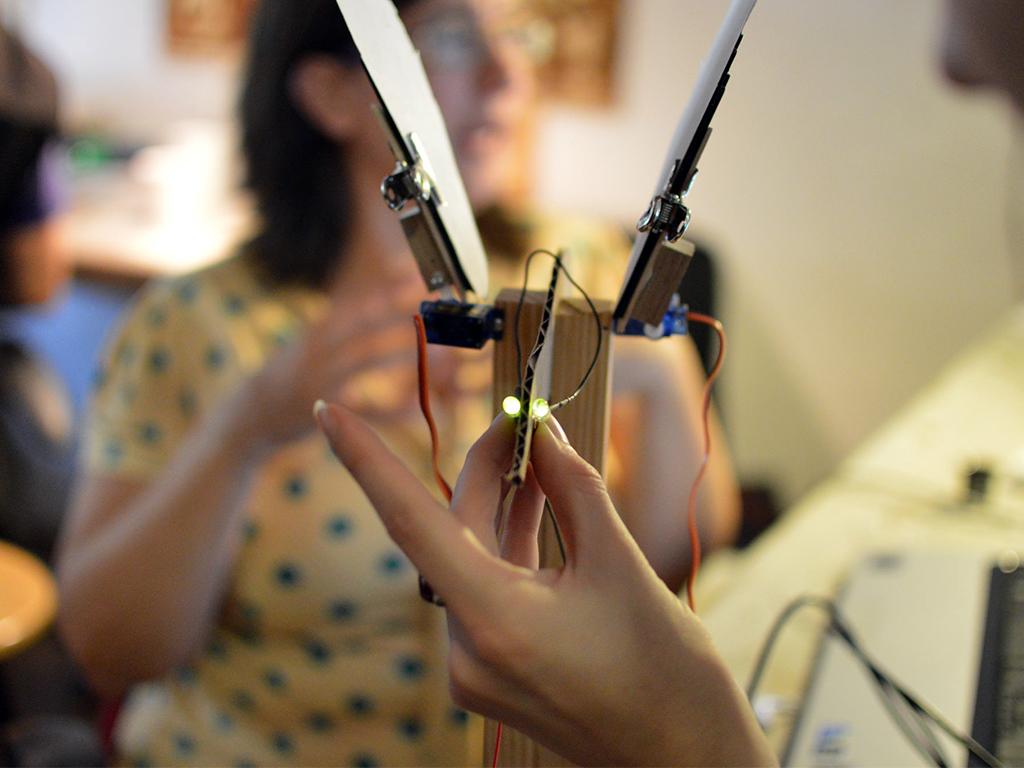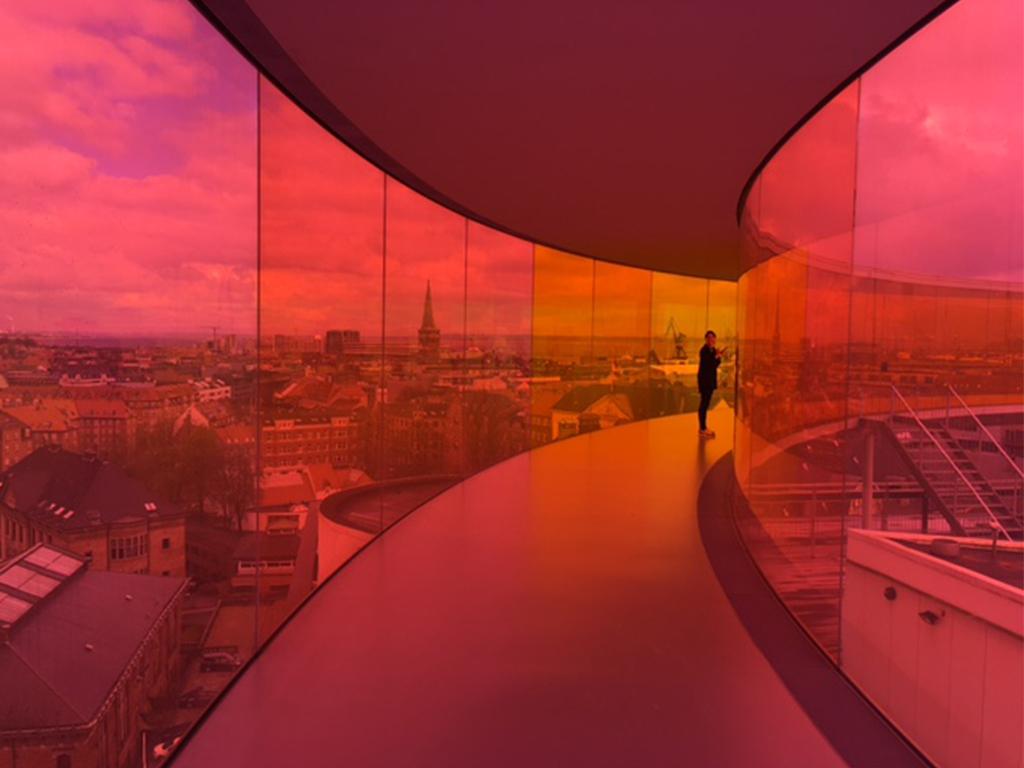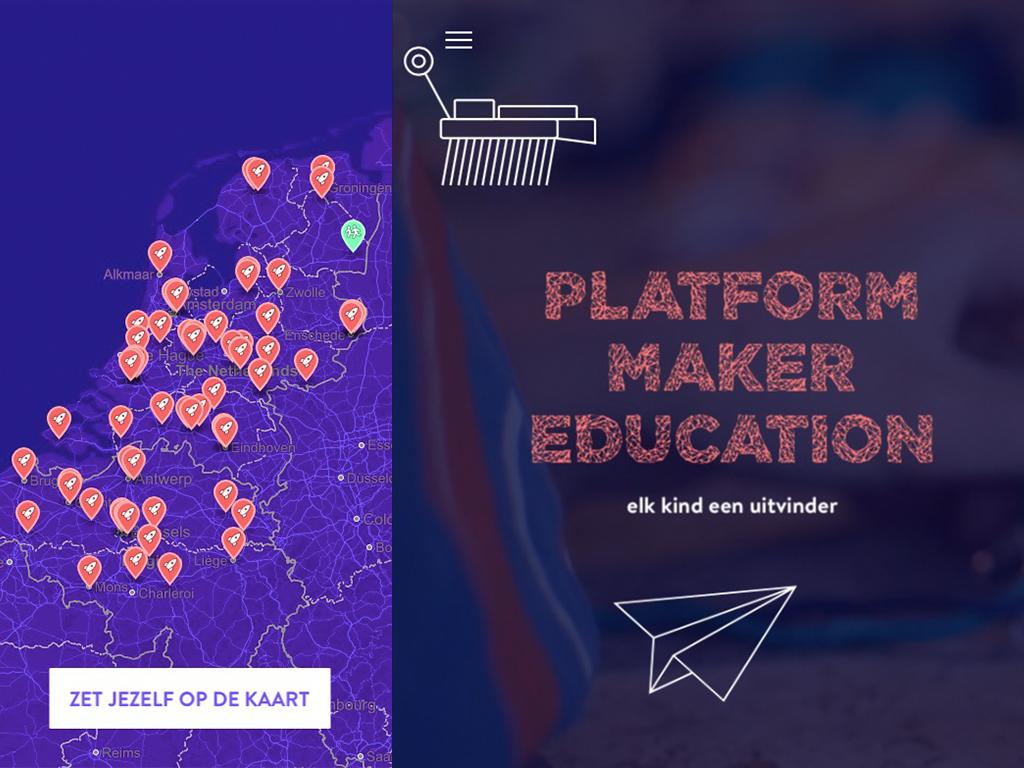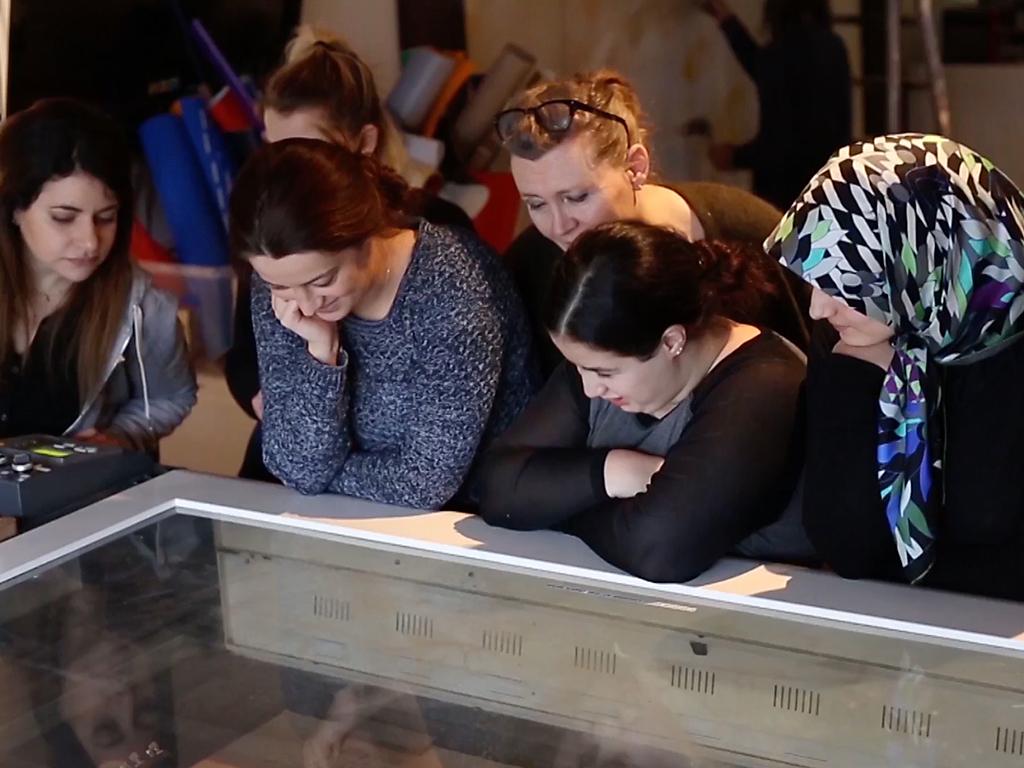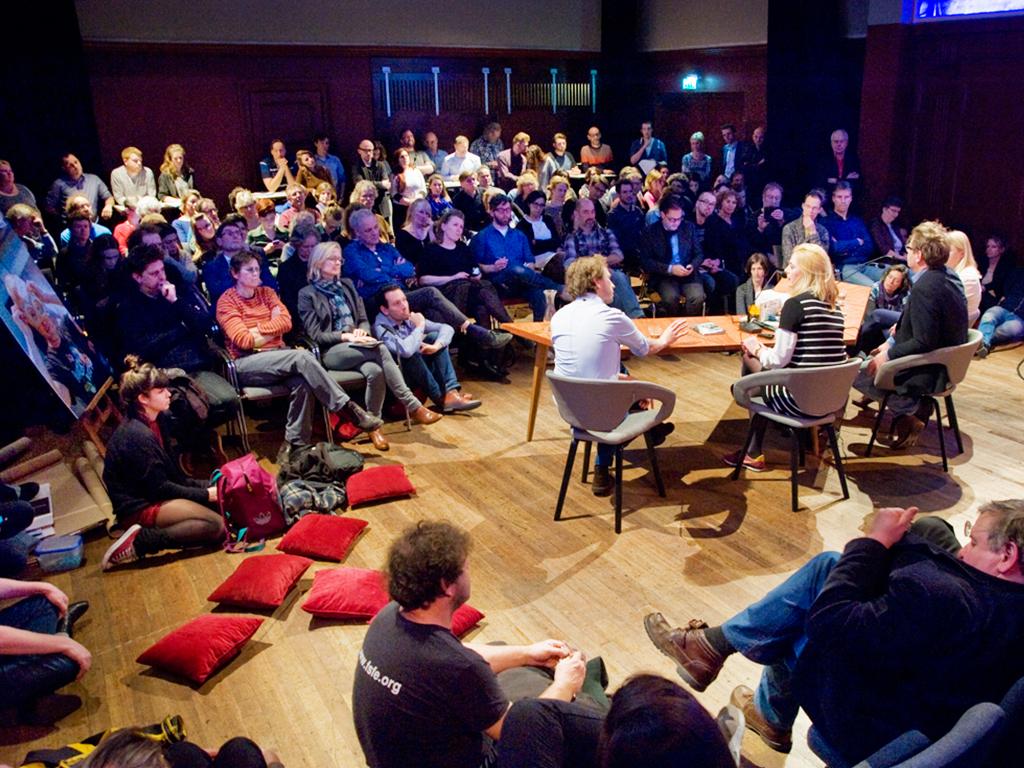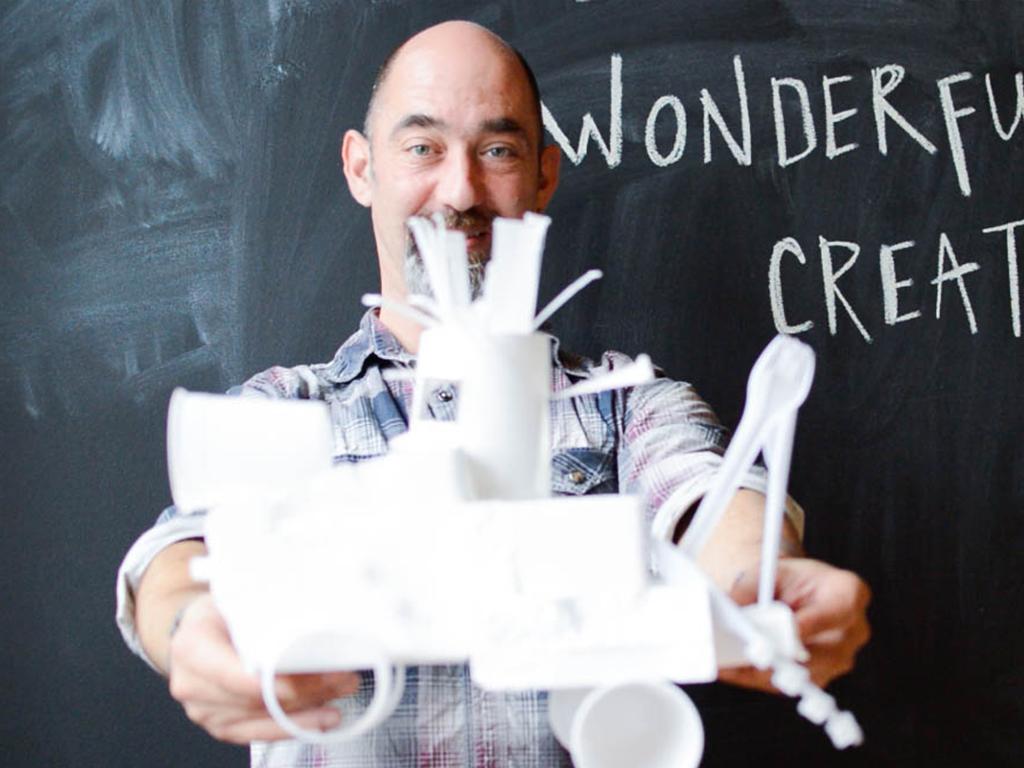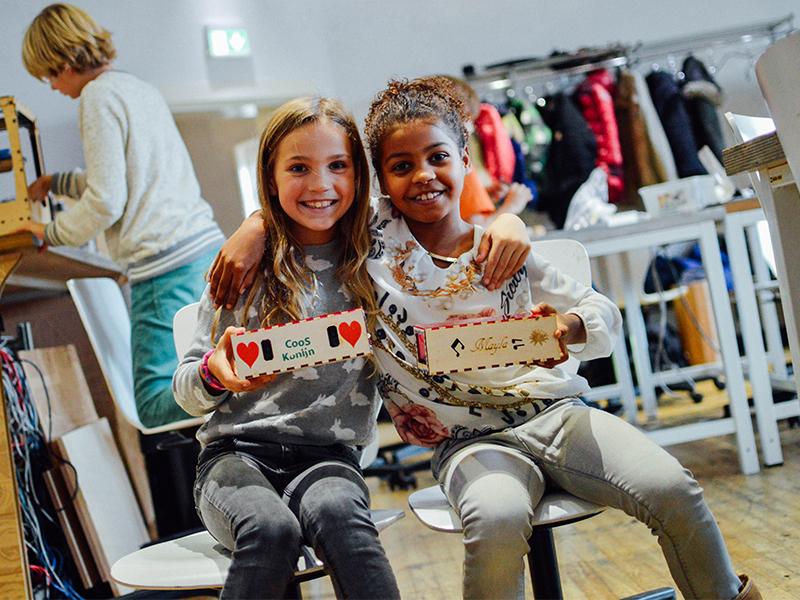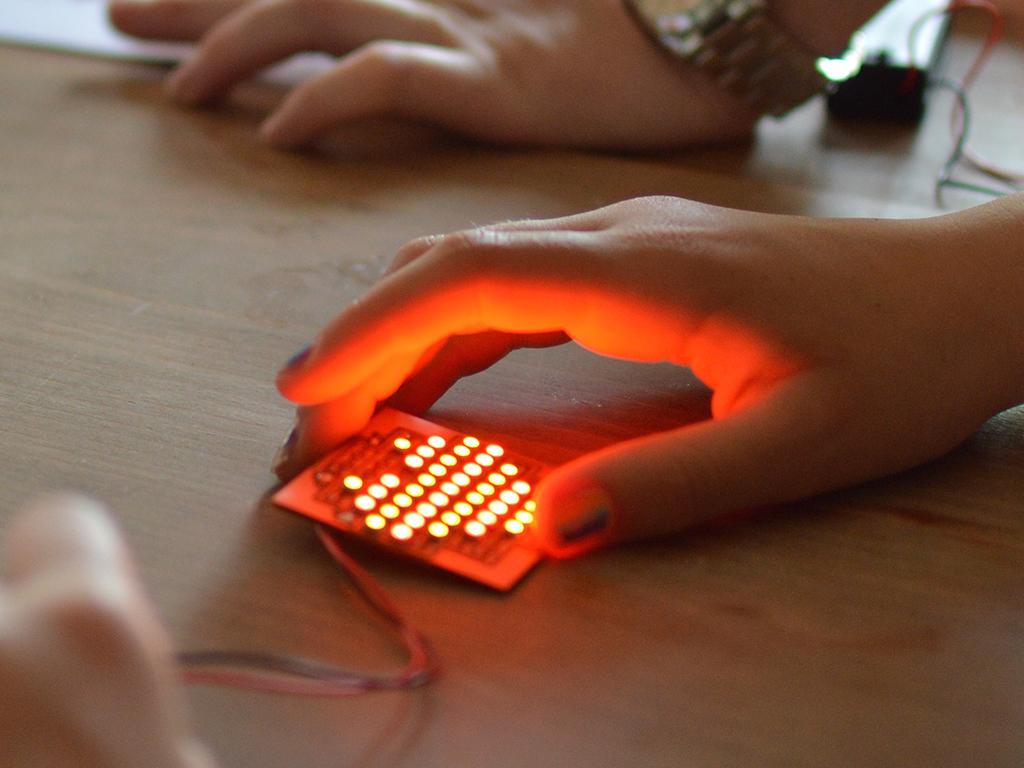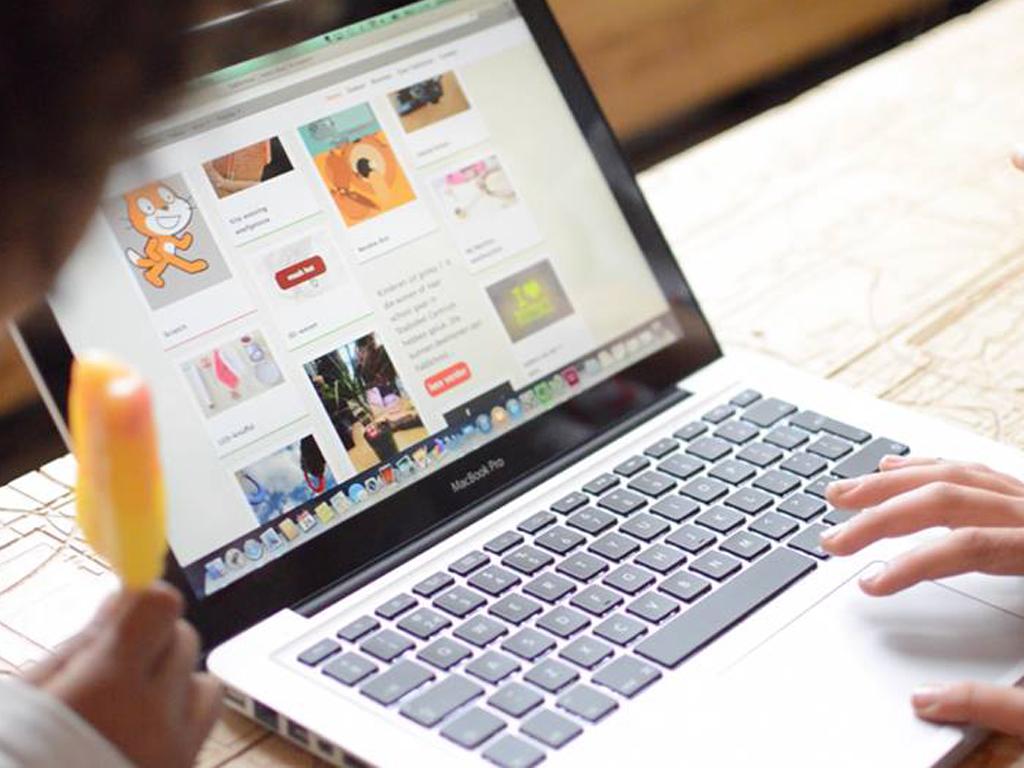Maker Education is learning by making. Platform Maker Education gave an impuls to the bottom-up maker education movement in The Netherlands. It aimed to share knowledge and information, map the different activities in The Netherlands and to make learning materials available.
Making today
Making has gained a new meaning in today's society. Through the rise of the Internet, new making principles have been established. These principles are based on openness, transparency, and social connectedness. New professions arise on the boundary between virtual and physical reality. Enter, the crafts of the new century and the next phase of the digital revolution. With the advent of digital fabrication, physical products can now be created from digital files. Of course, human beings also want to give meaning to, and personalize their own products. When people are able to actively shape their environment, awareness of their actions increases. Thus, ownership and responsibility for the environment and life are likely to increase as well.
"What I hear, I forget. What I see, I remember. What I do, I understand."
With this statement, Confucius illustrated an important principle 2,500 years ago: we understand the world better if we actively participate in it. In creating, we meet the world. We gain new experiences through creation, and learn about what works (and what does not). Making, therefore, leads to knowledge, insights, and opportunities.
Initiators of Platform Maker Education
Initiators of the platform were Arjan van de Meij from The Hague (De Populier school), Jeroen de Boer of Frysklab/FabLab Benelux and Karien Vermeulen of Waag. They were doing maker projects for some years when they started the platform, like FabKlas, the website www.makered.nl, the mobile FabLab of Frysklab, FabSchool and more recently the Teacher Maker Camp.
As we continued our efforts in maker education in other projects, the website MakerEducation.nl was transformed into a platform for these activities.
The Platform Maker Education was supported by the Ministry of Education, Science and Culture.
Meta data
Project duration
Links
Publications
Team
Financiers
Partners
- Frysklab
- FabKlas
- Fablab BeNeLux
- Fablab Amsterdam
